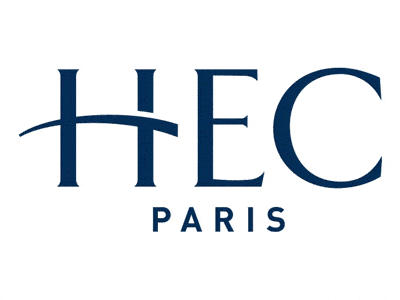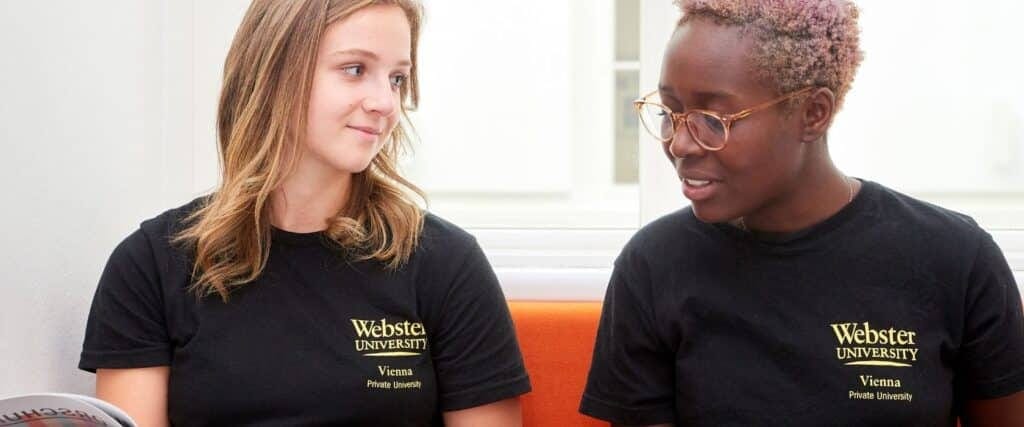Peer-To-Peer Learning Shines in the HEC Paris MBA
Moving from engineering to an MBA presents lots of opportunities, but also many challenges. To overcome these hurdles, engineer Matthias Schmitz leveraged peer-to-peer learning to get ahead at HEC Paris, sharing his engineering expertise and receiving support in areas where his knowledge was lacking.







